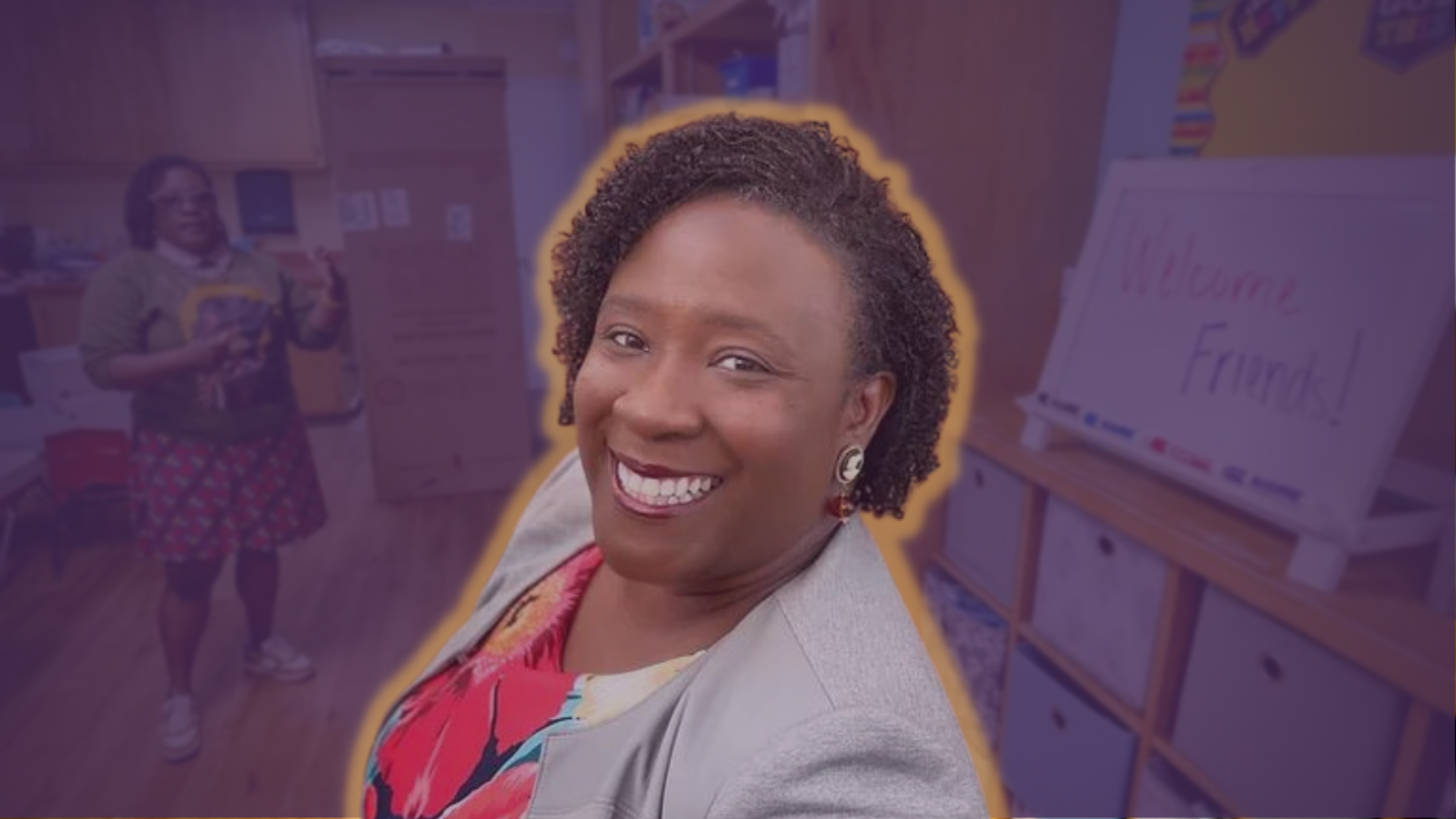In honor of Black History Month, Family Promise is highlighting our community members and their efforts to ensure racial equity is addressed at all levels of Family Promise’s work.
Community engagement and activism is in Claire Jefferson-Glipa’s DNA.
“I come from a long line of civil rights activists and folks who were community organizers,” Jefferson-Glipa said. “During COVID and the Social Justice Renaissance, my commitment was even more renewed. My parents did their part and it made me think about what I was doing to build upon that legacy.”
Jefferson-Glipa is the executive director of Family Promise of Riverside (CA), one of Family Promise’s newest Affiliates. The list of responsibilities for executive directors is endless, especially at an Affiliate with very few staff members, which is the case at Riverside. On top of serving families, building community relationships, and fundraising, DEIA is top of mind for Jefferson-Glipa. However, the topic she is eager to highlight may surprise you.
“I make the same amount as my assistant and my case manager,” Jefferson-Glipa said. “In a [nonprofit] industry that primarily employs women and women of color, pay transparency is very important to me. I’m excited at the opportunity of building an organization where equity is at its core. And pay transparency is part of that.”
While building equity is a core tenant of Jefferson-Glipa’s day-to-day efforts, it was not the reason she decided to join Family Promise. She joined because she believed in the national movement Family Promise created.
“I was really intrigued by the idea of making homelessness the community’s problem rather than the government’s,” Jefferson-Glipa said. “I think our movement shifts the burden of homelessness from government to the community.”
Jefferson-Glipa has faith in communities’ ability to handle that burden because of the way Family Promise frames the issue of homelessness. She loves asking this question: “What would you do if your child’s best friend at school was homeless?” The question always elicits a specific response. One that forces audiences to view the issue of homelessness in a new light; away from the stereotypical image of a scruffy adult male stationed under an overpass.
“We’re shifting the way communities view the problem of homelessness and what kind of problem people believe it to be,” Jefferson-Glipa said
Although she is quick to stress that she can’t solve all the problems that pop up in her community, Jefferson-Glipa says building empathy can be a day-to-day activity. She views Family Promise as an organization perfectly suited to doing just that. Because Family Promise volunteers come face-to-face with families in the program, it forces them to engage differently on the issue of homelessness.
“We have a real opportunity to change the way America addresses homelessness,” Jefferson-Glipa said. “In my opinion, it’s not going to start at the ballot or with a ballot box. It’s going to start like the Constitution did. With we the people.”

